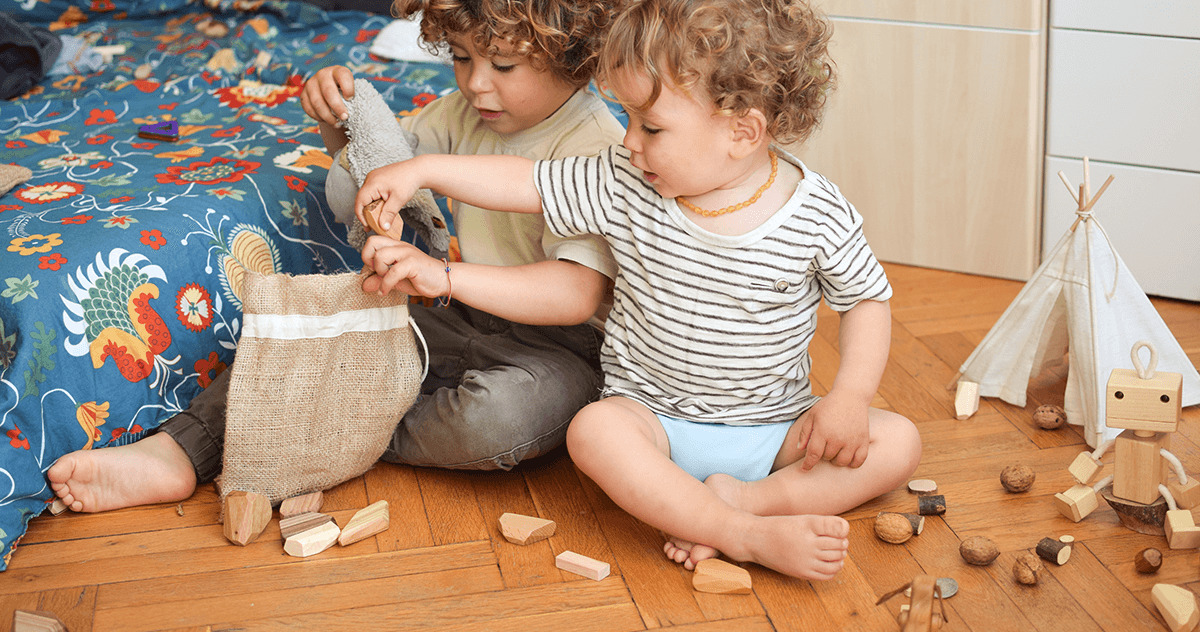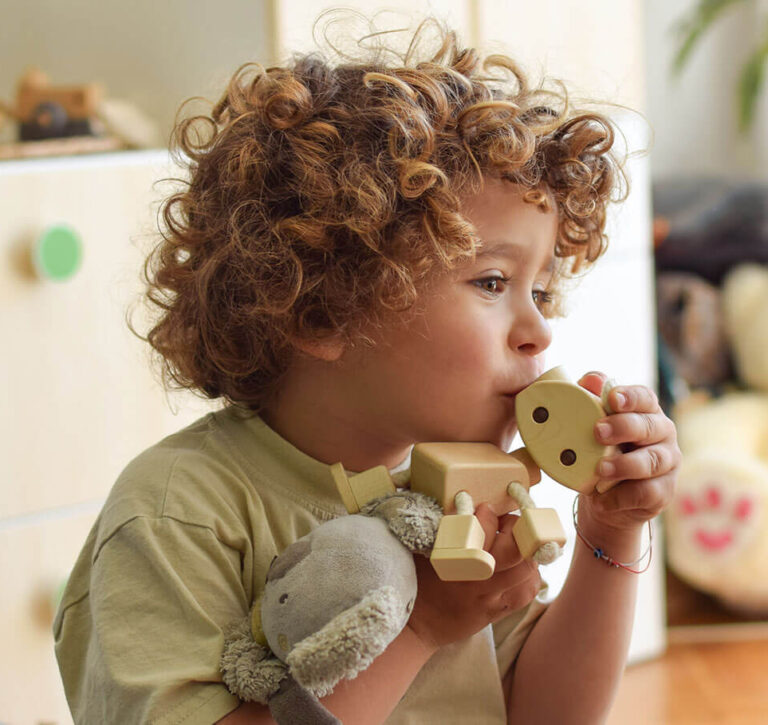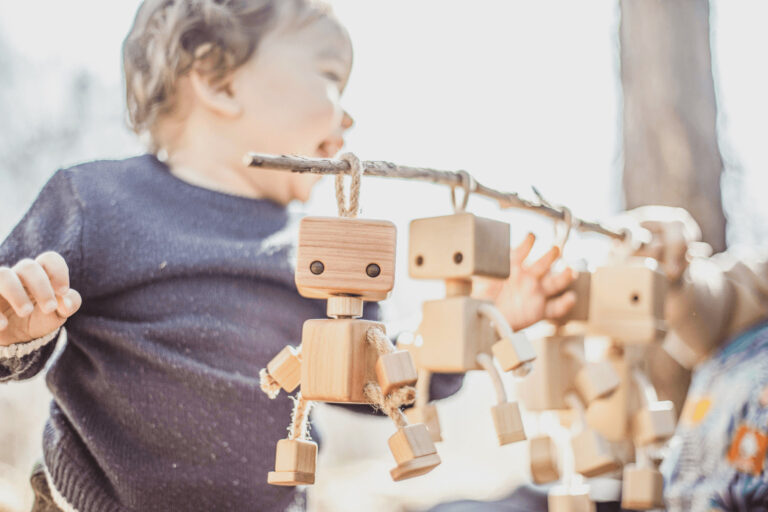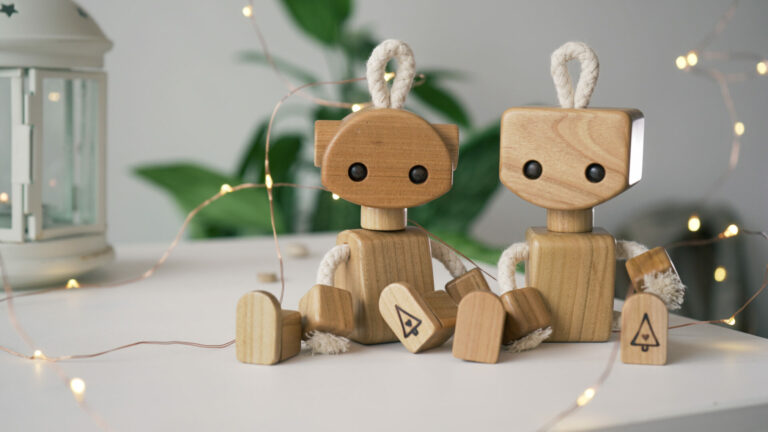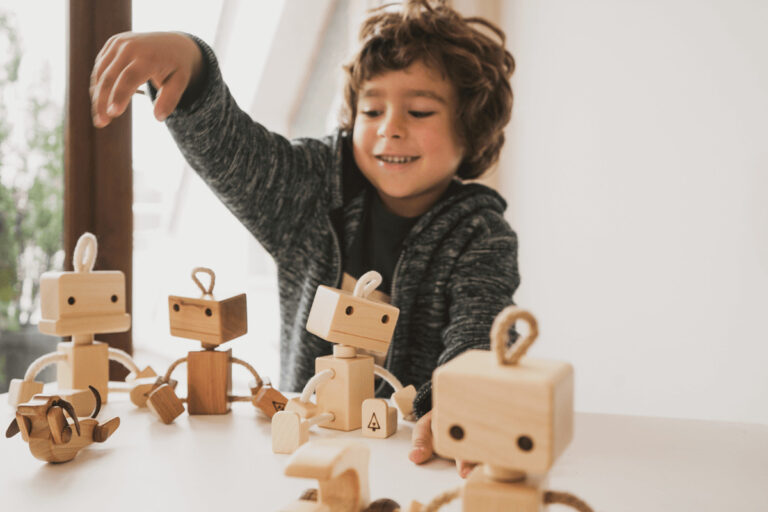One of the sweetest things about my motherhood is watching my two sons play – they are so immersed, their imagination is running at full speed and a lot of funny and cute noises come out of their mouths.
Play is the way children acquire the skills necessary for their development into healthy and full-fledged adults.
And all that, while having fun!
Imagine a child playing with various objects in a pool full of water. So he learns first hand that some things like pebbles and metal carts sink to the bottom, while others like leaves and rubber toys remain on the surface. Throwing objects into the water, he will notice that the bigger ones splash it more, and the smaller ones – less. If he throws soil or mud into the water, he will see that all the water becomes muddy, and so on. Later, he may decide to play a fisherman who catches objects with a stick or strainer, or imagine that he is a firefighter who saves rubber animals from drowning. With these simple activities, the child will gain new knowledge, practice his motor skills and play something that impressed him in a book or saw with his own eyes and mom or dad explained to him (which child does not like firefighters and not falls in love with the sight of a fire truck?)
The game develops children's social, motor, and cognitive skills, gives them new knowledge about the world around them, as well as a field to use their imagination:
The physical game
Playing on a chase, climbing on the playground or on the rocks in the mountains, or spinning in a circle with outstretched arms, children not only expend energy and have fun, but also gain control over their body, improve their vestibular apparatus and develop intellectually.
Even babies “play” this way – every time they learn a new skill such as crawling, standing, walking. The sensory stimulation that children receive during physical activity contributes not only to their physical but also to their cognitive development – it helps them learn better and concentrate more easily.
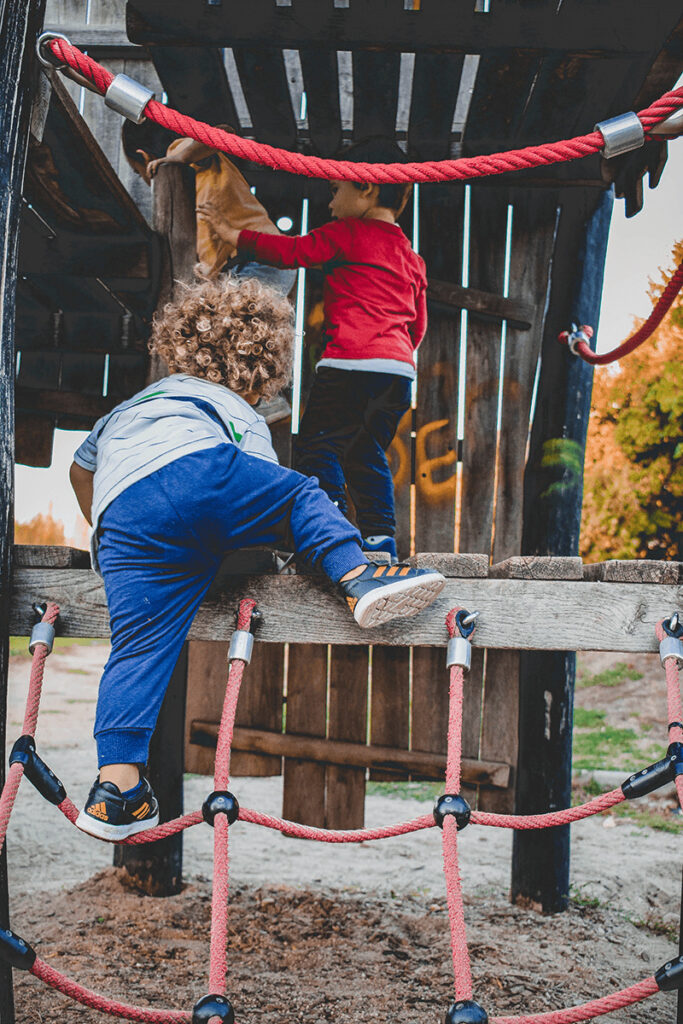
Games related to fine motor skills
Starting with more basic games in infancy such as looking at various objects and holding them in your hand and ending with building a tower of cubes and assembling constructors, developing fine motor skills activities are important for mastering the skills that the child later age will use to write, paint and create with his hands. The control that the child develops in these activities also supports his cognitive development.
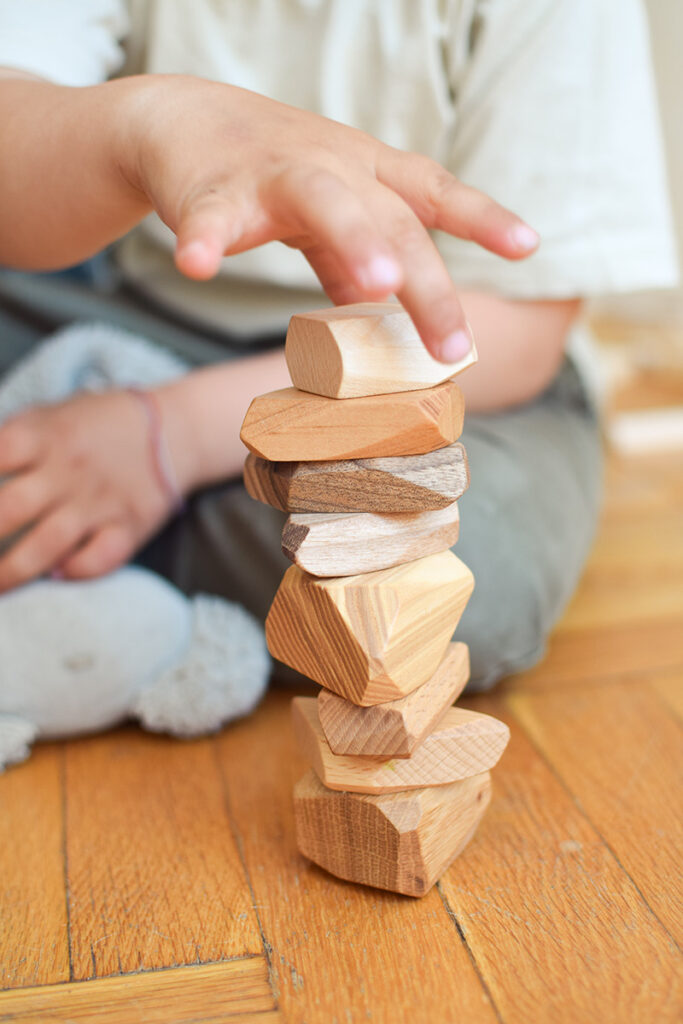
Role-playing and imaginary games
Games in which the child enters a role and uses his imagination begin at a later age (usually shortly before or after the age of 2). Doll games, strollers, playing your favorite superhero, doctor, or “cooking” – the examples are countless. It is in these games that children play the life situations that impress them, so their role in the social development of the child is key. Through them, creativity is assimilated and developed, children's ability to communicate and express themselves (both verbally and non-verbally) and to get to know the world in an accessible way is improved.
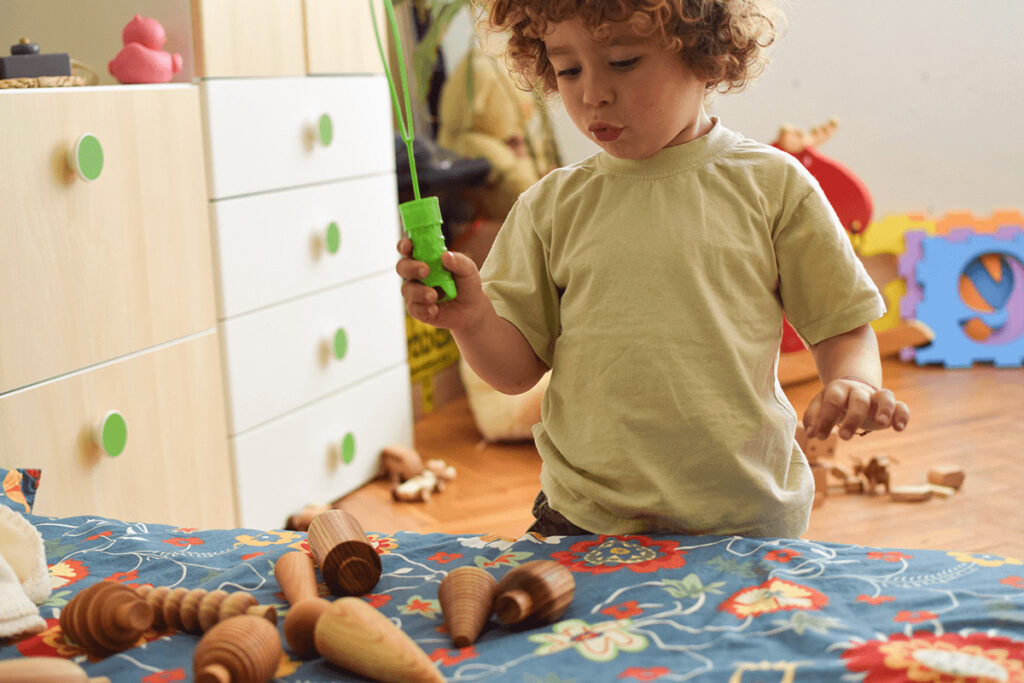
If the game involves other children or an adult who plays with the child, but without directing the game in a way determined by him, the child also develops social competencies such as the ability to negotiate and make compromises. The best thing about role-playing and imaginary games is that they are almost limitless – with the power of thought, the child can not only imagine that the doll is a real baby, but also turn acorns and chestnuts into soup products or golden pirate treasure.
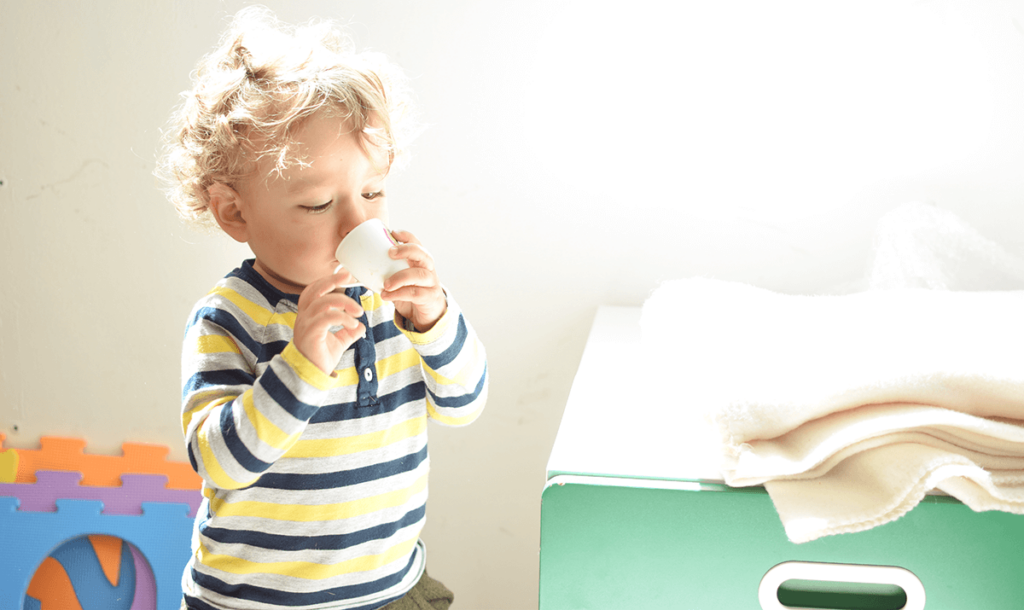
These types of games are constantly flowing into each other – as in the example of the pool above. Everything that children do of their own free will is a form of play because that is how they are “programmed.” Our role as parents is to provide them with time and conditions to play, to get involved in their games in an appropriate way, and to find them friends with whom they can play.
The toys we buy for them should serve the game without taking it over or replacing it – not to entertain the children, but to give them the opportunity to have fun on their own.
